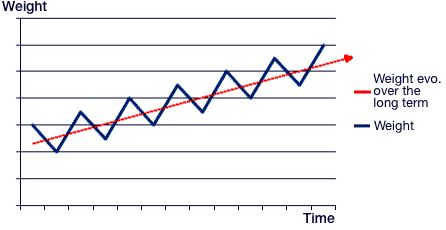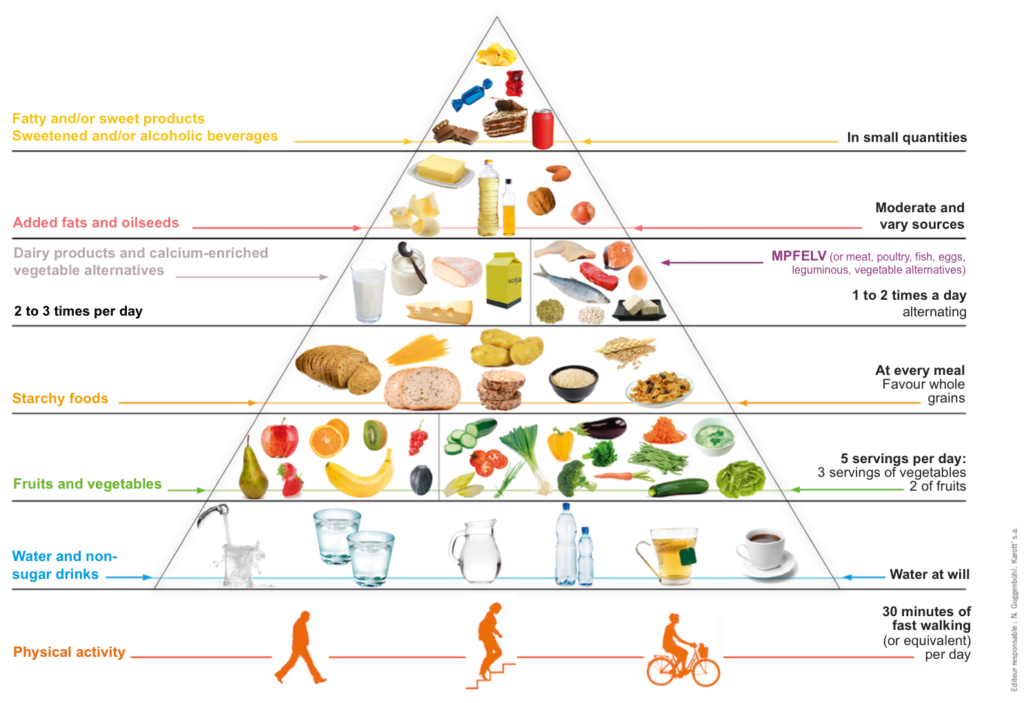New year, new resolutions!
Every year, as January begins, comes the time of good resolutions:
• Take up sports again;
• Quit smoking;
• Lose weight and hence start a diet.
Ok, but which one? What kind of diet? There are so many and they are not always easy to follow.
To help you better understand each diet, here is a list of the main existing ones, specifying the pros and cons for each of them. This will give you the chance to find out which one better suits you:
A healthy eating and physical lifestyle
The diets
The 28 selected diet schemes are divided into 6 major groups:
- High-protein diets
- the Dukan diet: high in proteins and low in carbohydrates;
- the Dr. Delabos’ diet: chrononutrition;
- the paleo diet: return to the diet of our ancestors.
- Vegetarian and derivative diets
- Vegetarian;
- Vegan;
- lexitarian;
- Ovo-lacto-vegetarian ;
- Fruitarian ;
- Kangaroo diet;
- Detox diet.
- Mediterranean-type diets
- the Mediterranean or Cretan diet;
- the Okinawa diet: stop eating before satiety.
- Restrictive or very restrictive diets
- the Seignalet diet: hypotoxic or original diet ;
- the young intermittent or fasting diet ;
- the cabbage soup diet;
- the military diet: extreme hypocaloric diet;
- the pineapple diet;
- the metabolic diet or 13-day diet.
- Low-carbohydrate diets
- o the Atkins or “low carb” diet;
- the ketogenic diet or eating fat ;
- the ketogenic diet.
- Medical plans (on medical initiative)
- o the acid-base diet ;
- the DASH: dietary approaches to stop hypertension;
- the Dr. Cohen’s fractional diet;
- the “zone diet”: the right balance on your plate;
- the lactose-free diet or lactose intolerance;
- the gluten-free diet or celiac disease.
Among all these diets, some are good or even very good for health. But they are not always easy to follow in a continuous way, because of social life, culture, food management, finances, etc.
Other diets, such as the most restrictive or very specific ones, should not be sustained over time because of the risks of deficiencies, fatigue, etc.
High protein diets, for example, can lead to cardiovascular or renal problems if they are followed for long periods of time.
Some diets also require a good knowledge of nutrition, and one should not hesitate to seek professional help.
For some also, we find the YOYO effect.
The YOYO effect
The Yoyo effect appears when the diet is stopped. It results in a weight gain greater than the loss obtained during the period of restriction, due to the phenomenon of frustration caused.

Successive diets over the years accentuate overweight, that can be up to 20Kg or more, which then get harder and harder to lose afterwards.
Good eating habits have not been established.
Good eating habits
It is preferable to take good eating and physical activity habits that can be maintained in the long run:
Go for a wide range of foods, without suppressing large categories of foods (except for medical reasons) and diversify these foods.
A balanced diet takes place over several days
1) Have 3 meals and 1 to 2 snacks a day, if possible, in a quiet environment
2) Eat at least 5 fruits and vegetables a day, raw or cooked, fresh if possible (alternatively frozen or canned). Prefer eating the fruits to drinking them as juice.
3) Include starchy foods, leguminous plants or cereals in all 3 daily meals (limiting potatoes).
4) Opt for white meat, fish (twice a week) and eggs (up to 7 times a week).
5) Fats to be favored are olive or rapeseed oil. Restrain animal fats (butter, cream, etc.)
6) Limit or stop milk intake. Prefer yoghurt for the ferments and cheese in small quantity.
7) Salt intake must be minimized as well as all prepared meals, deli meats, etc.
8) Fast sugars (candy, cakes) must be restricted to festive occasions, although 1 or 2 squares of dark chocolate are recommended.
9) Drink water as much as you want, green tea, unsweetened coffee and why not a glass of wine in the evening with the meal (recommendations are 2 glasses a day for women and 3 for men with a maximum of 10 drinks per week).
10) Physical activities like 30 minutes of walking per day or a sport 3 times a week. Use the stairs instead of the elevator, ride your bike to work, if possible.
In summary, the food pyramid below is the scheme to remember
The food pyramid



